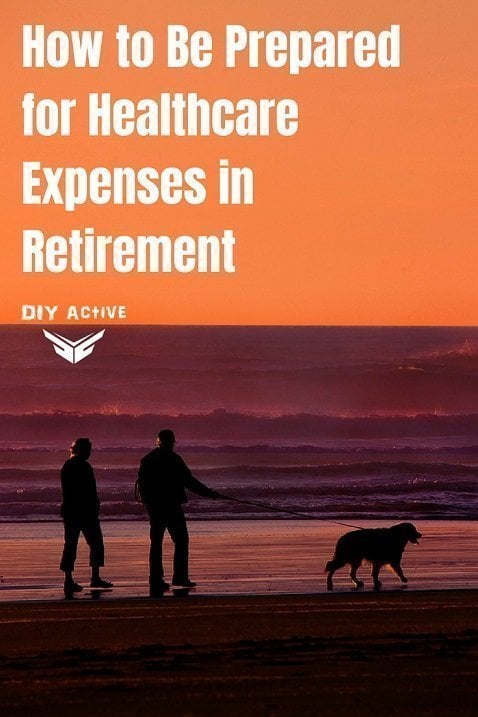Expenses in Retirement
Preparing for retirement is a daunting task and one that can take many years. We learn about investment vehicles and we do our best to put away enough funds that we can live comfortably through our golden years.
Handling healthcare expenses in retirement
One of the most important expenses to plan for is our healthcare expenses in retirement.
It’s easy to overlook our potential future healthcare expenditures because during our working years we have usually had the luxury of employer group health coverage with low deductibles and cost-sharing.
As we age, our need for healthcare services often grows, and so we must be diligent about our preparation. Here are some of our best tips for keeping medical debt at bay as we head into retirement.
Research the Costs of Medicare Ahead of Time

While your FICA taxes during your working years go toward pre-paying your Medicare Part A hospital premiums, you will pay monthly premiums for Medicare Parts B and D throughout your retirement. This can vary through the years as tax reform generates new changes in legislature.
The standard Part B premium in 2018 for new enrollees is $134/month, but people with higher incomes may pay significantly more.
Medicare Part D is a voluntary program to help with the cost of prescriptions. While it may be technically optional, it’s an important part of your coverage if you want to protect yourself against future expensive drug costs. Part D premiums vary, but the national average runs around $35/month.
Have you set aside enough money to pay these monthly expenses throughout the duration of your life expectancy?
Apply for Medicare During Your IEP
Medicare has enrollment periods. You are expected to enroll in Medicare during your Initial Enrollment Period (IEP) unless you have other creditable health insurance coverage. People who are not aware of this can get an unwelcome surprise when they later try to enroll.
Enrolling late into Medicare Part B carries a 10% penalty for every year that you waited to enroll. Likewise, enrolling late into Part D carries a penalty of 1% of the national average premiums for every month that you waited to enroll.
That’s right: even though Part D is voluntary, you’ll incur a penalty if you wait to enroll, and you’ll pay that penalty for as long as you are enrolled in the future.
Avoid these penalties by signing up on time for Medicare.
Cover Your Cost-Sharing
We mentioned earlier that Medicare doesn’t cover all of your healthcare expenses. Just like your past health insurance coverage, Medicare requires you to pay for your share in the form of deductibles, copayments, and coinsurance when you use healthcare services.
Perhaps the biggest out-of-pocket expense for beneficiaries is 20% of outpatient expenses. Medicare Part B only covers 80% of your outpatient healthcare costs.
This includes items like doctor visits, lab work, diagnostic imaging, cancer treatments, and even outpatient surgeries. Paying 20% of these services can be devastating, especially when there is a long-term or chronic illness.
The best way to insure yourself against these expenses is to purchase supplemental health coverage. There are both Medicare Supplement and Medicare Advantage plans to choose from.
Medicare supplements pay after Medicare first pays its share. These policies cost a bit more upfront but make your back-end expenses very predictable. You also have the freedom to seek treatment from any provider that accepts Medicare.
Medicare Advantage plans are network-based private health plans that pay instead of Medicare. When you join, you’ll have lower premiums upfront, and you’ll pay some copays and coinsurance on the back-end as you seek medical care.
Each policy has an out-of-pocket maximum limit though to protect you from spending beyond a certain amount on Part A and B services in any given year.
Beneficiaries can also choose an Advantage plan that includes a Part D drug plan that is built right into the plan.
While these two types of coverage function differently, both will help you to cover a significant portion of the deductibles, copays, and coinsurance that you would otherwise have had to pay for yourself.
If you’re looking to purchase any coverage, check out Health.com’s lists for the best Medicare Advantage plans 2020 and best Medicare Supplement plans 2020.
Wrap-Up
So as you near your golden years, have you thoroughly planned out your expenses during retirement? Including healthcare expenses in retirement?